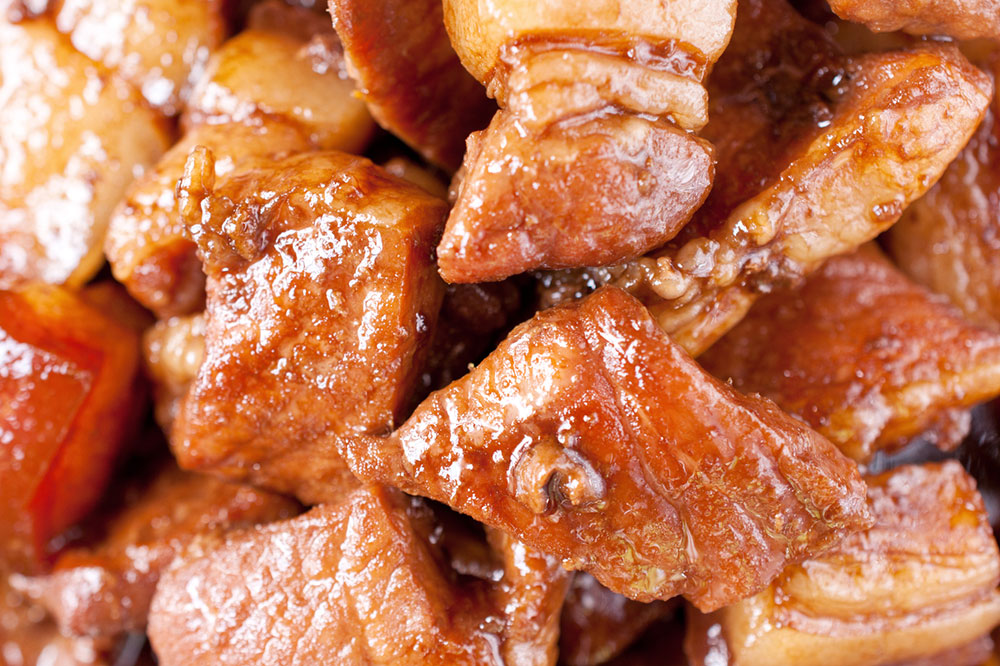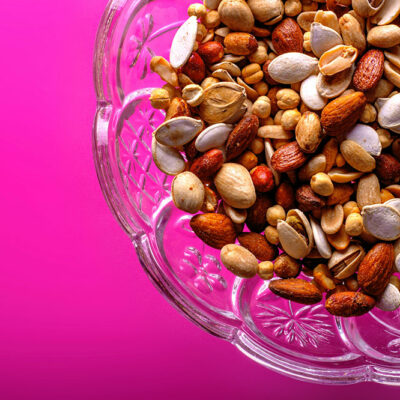
Nasal Polyps – Foods to Eat and Avoid
Nasal polyps are the name given to soft growth on the lining of sinuses or nasal passages that are noncancerous. They are shaped like grapes or teardrops and are caused by chronic inflammation. They are mostly associated with asthma, allergies, recurring infection, and certain immune disorders.
Let us have a look at some dietary suggestions for diet for nasal polyps.
Flavonoids
Flavonoids are antioxidants that help in improving the immune system and fighting respiratory infections. Certain popular sources of flavonoids include apples, broccoli, cherries, citrus fruits, tea, raspberries, cranberries, and red grapes.
Omega-3 fatty acids
The recurrence of nasal polyps has been noted with the consumption of omega-3 fatty acids. This is because omega-3 fatty acids are associated with anti-inflammatory mechanisms. Therefore, the need for systemic steroid administration is minimized with the known side effects. Even while the medical treatment of nasal polyps is being considered, Omega-3 fatty acids should be considered as they’re very effective. Some of the common sources of omega-3 fatty acids to be included in the diet are flaxseeds, walnuts, and soybean.
Foods rich in vitamin A and beta-carotene
Vitamin A is responsible for protecting the membrane linings of sinuses. Furthermore, due to its properties as an antioxidant, it fights chronic inflammation. Beta-carotene also helps in fighting nasal polyps as it has anti-oxidant properties and is also a precursor to vitamin A. Beta-carotene is found in yellow, orange, and green vegetables, as well as fruits. Some common sources are apricot, melon, spinach, carrot, sweet potato, and winter squash.
Foods rich in vitamin C and vitamin E
In the case of nasal polyps, tissue damage is also caused by free radicals or activated oxygen molecules. Vitamin C has properties that can save the body from this damage as it reduces the release of histamine in the body by making histamine break down faster. Common sources of vitamin C include citrus fruits, tomatoes, papaya, yellow and red bell peppers, berries, and guava. Vitamin E is also an antioxidant that helps with nasal polyps. Some of the common sources of vitamin E are almonds, avocadoes, pumpkin, and tofu.
Foods to avoid
Certain foods must be avoided to fight nasal polyps and these are just as important names to remember when defining a diet for nasal polyps. Refined fats, food allergens, food additives and preservatives, and MSG are certain elements of foods that you should avoid. MSG has been known to cause headaches and give rise to allergic conditions. Apart from this, it is well known that food allergies are the primary cause of nasal polyps. The artificial food coloring substance called tartrazine that is often found in veggies, candy, soda, chips, and even cereal must be avoided.


